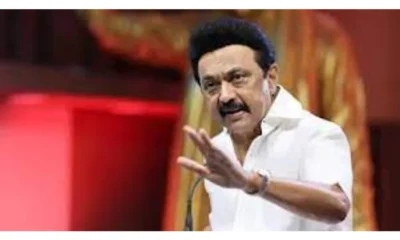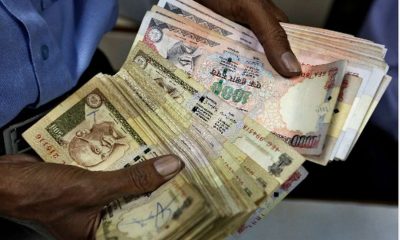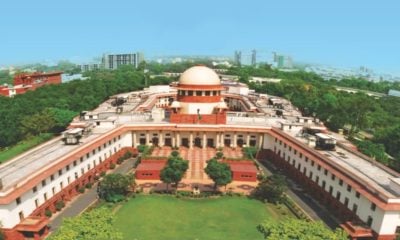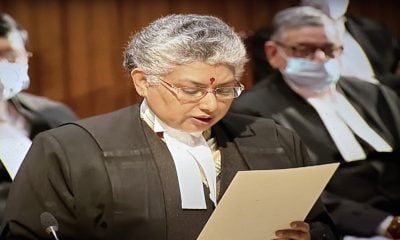India News
Tax Collection Woes of the Government

India News
Supreme Court raps Meta over WhatsApp privacy policy
The Supreme Court warned Meta that it would not tolerate any compromise of citizens’ privacy while hearing a case related to WhatsApp’s 2021 privacy policy and a CCI penalty.
India News
India welcomes US tariff cut as PM Modi thanks Trump for easing trade barriers
PM Modi has thanked US President Donald Trump after the US reduced tariffs on Indian goods to 18%, calling the move beneficial for bilateral trade.
India News
US-India trade deal to strengthen strategic partnership, says Amit Shah
Amit Shah says the US-India trade deal with reduced tariffs will elevate strategic partnership and pave the way for stronger trade ties and mutual growth.
-
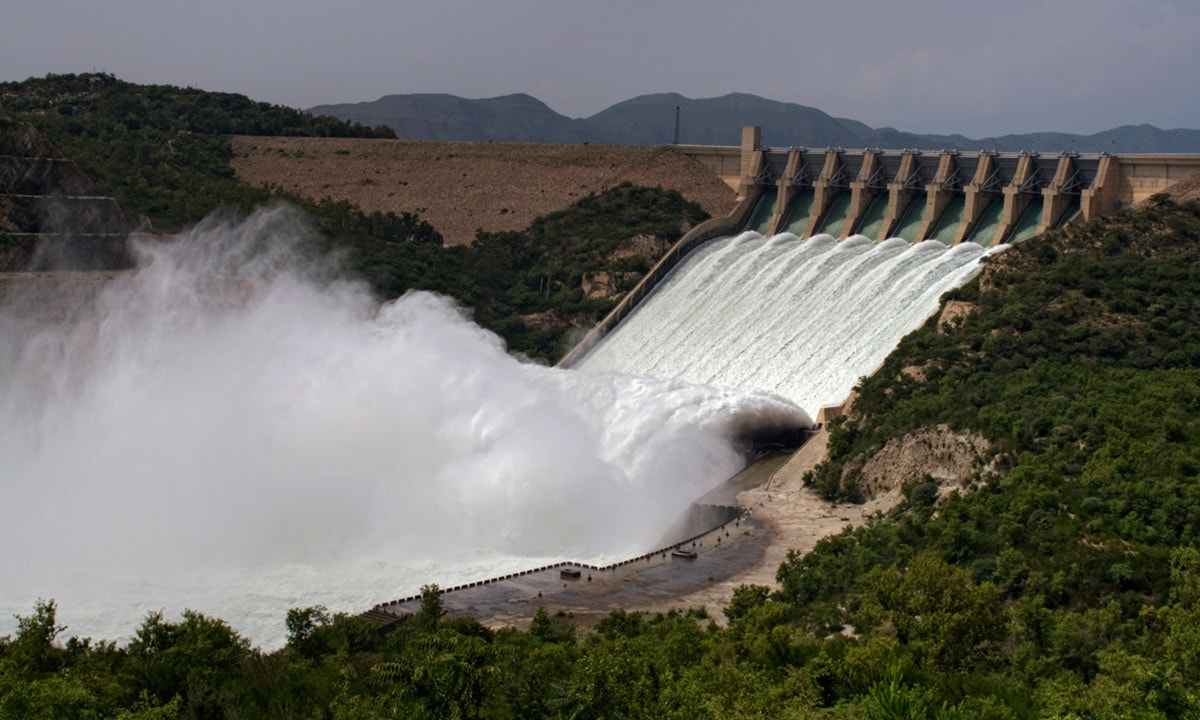
 Latest world news22 hours ago
Latest world news22 hours agoIndia rejects Hague court proceedings on Indus Waters Treaty
-

 India News23 hours ago
India News23 hours agoRahul Gandhi, Rajnath Singh clash in Lok Sabha over ex-Army chief’s unpublished book on Ladakh
-
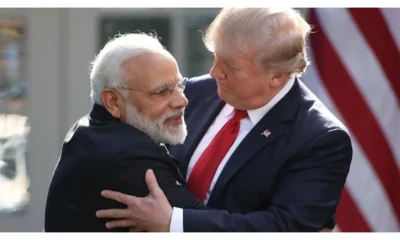
 Latest world news8 hours ago
Latest world news8 hours agoTrump announces trade deal with India, claims New Delhi will stop buying Russian oil
-

 India News8 hours ago
India News8 hours agoMarkets surge as Nifty jumps 750 points after India-US trade deal
-

 India News7 hours ago
India News7 hours agoUS-India trade deal to strengthen strategic partnership, says Amit Shah
-

 India News7 hours ago
India News7 hours agoIndia welcomes US tariff cut as PM Modi thanks Trump for easing trade barriers
-
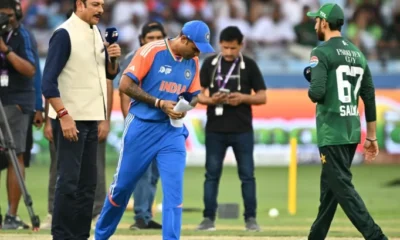
 LATEST SPORTS NEWS7 hours ago
LATEST SPORTS NEWS7 hours agoPakistan looks to force majeure as India boycott threat looms in T20 World Cup
-

 India News3 hours ago
India News3 hours agoSupreme Court raps Meta over WhatsApp privacy policy



